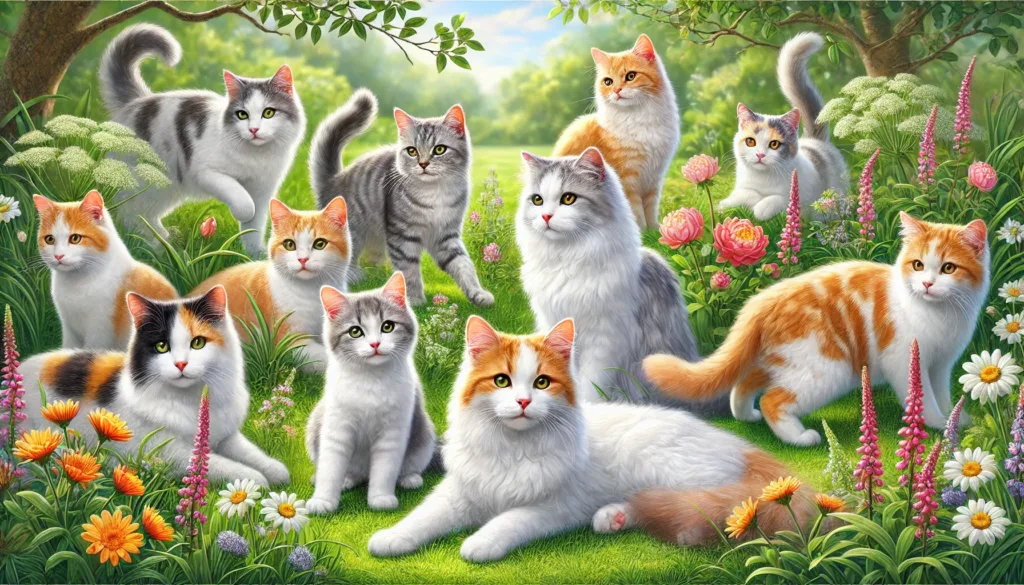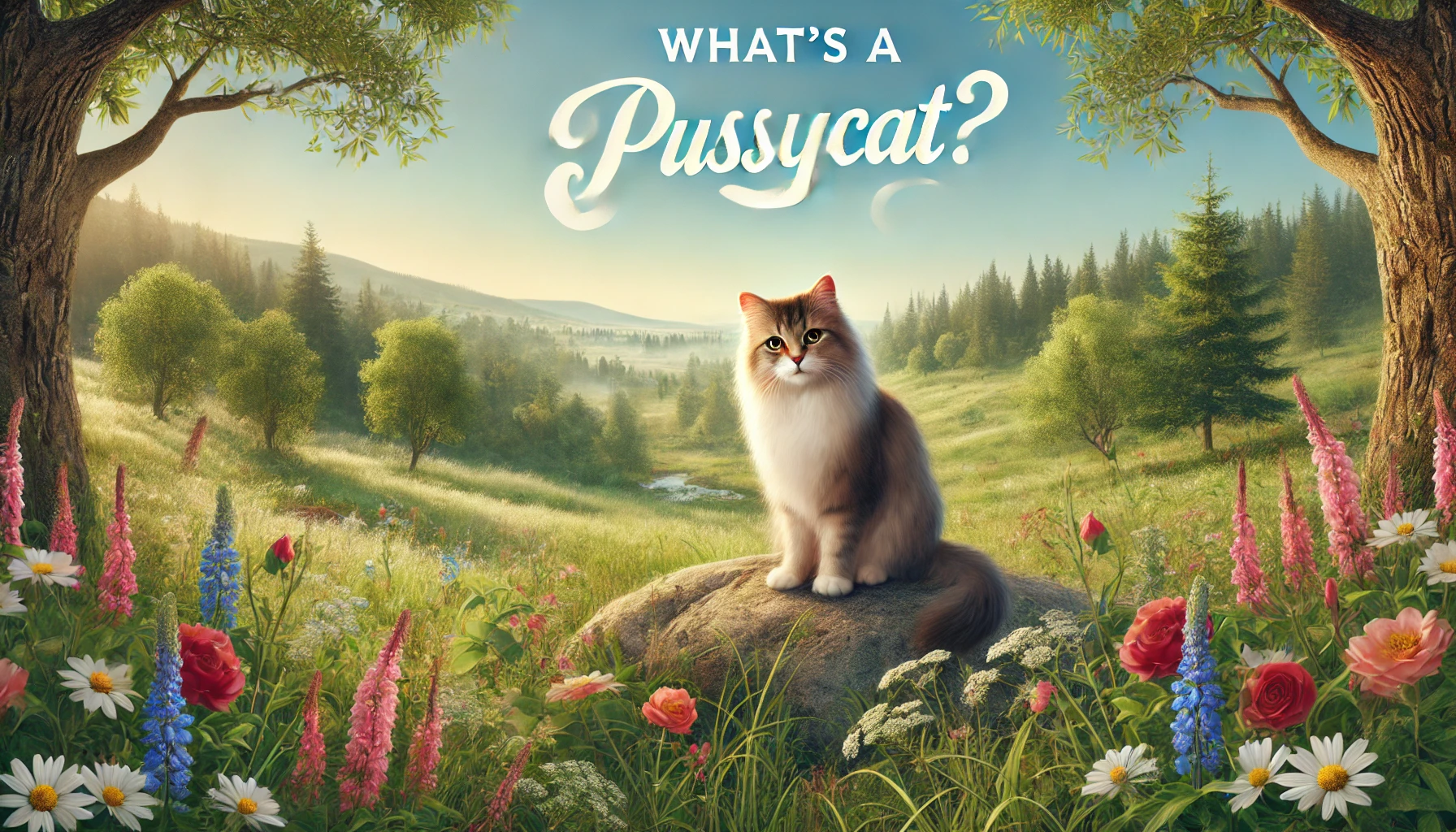When someone hails a cat a “pussycat,” you are not just hearing a term off the tongue with a touch of warmth and nostalgia, you are into a name oozing comfort and familiarity. “Pussycat” is the term we reach for when describing not just any cat, but a soft, purring ball of fur that curls up on your lap and nuzzles you with the trust only a feline can offer. It’s more than just a label; it’s a word infused with affection.
The origins of this term stretch back through centuries of language and evolution. The word “puss” is also said to be derived from old Germanic and Dutch, with echoes in its similar forms across languages. In English, it took hold as a term of diminution or love, a word that came naturally when speaking to a cat in that playful, high-pitched tone reserved for pets and babies. Add “cat” to “puss,” and you get “pussycat”-the word bundling together the essence of feline companionship.
There’s something innocent about saying “pussycat,” a certain fancifulness that takes you back to storybooks and nursery rhymes. But beware: breaking up this compound into “pussy” and “cat” invites a whole different meaning. On its own, “pussy” strays into very risqué territory, carrying implications that can shift your conversation from adorable to awkward. What might have been a harmless chat about your furry friend could, in one quick second, draw raised eyebrows if that gap between “pussy” and “cat” lingers. The internet age, with all its wordplay and double meanings, amplifies this pitfall.
So, why should you be vigilant about keeping the words together? It’s simple: language carries weight. “Pussycat” is one of those delightful words that paints an instant picture-small paws, whiskers, a soft gaze. The moment you split the term, the innocence splinters too, leading to meanings that don’t involve any purring, whiskers, or cuddly charm.

Think of “pussycat” as one of those beloved treasures that language has gifted us. It’s playful but heartfelt-a name that has survived the centuries without losing its sweetness. Keeping it whole, you preserve that warmth and avoid possibly eliciting an irrepressible smirk or gasp from those present. So, next time you refer to your feline friend as a “pussycat,” know you’re using one word that has managed to keep its tail high over history, holding onto an image of comfort that few words can.

